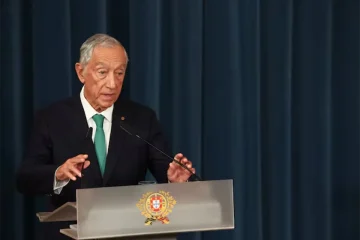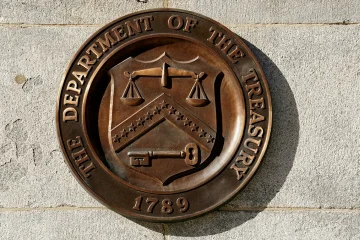MENNA A FAROUK
TWO young Egyptian women whose jail sentences for posting on TikTok were overturned earlier this week will have to stay in prison for another two weeks and face human trafficking charges, a lawyer has revealed.
Haneen Hossam and Mawada Eladham, who each have more than a million TikTok followers, have spent nine months in jail after being convicted of encouraging women to share footage on the video-sharing app in exchange for money.
On Tuesday a court upheld an appeal, overturning the conviction of Hossam, 20, and cancelling 22-year-old Mawada Eladham’s jail sentence, though she still faces a fine of 300,000 Egyptian pounds ($19,218).
Hossam had expected to be released this week, but a judge said she would remain in jail pending trial on charges of human trafficking, her lawyer Hussein El Bakar told the Thomson Reuters Foundation.
“We will appeal in the hope that Haneen will be released any time soon,” said El Bakar.
Eladham’s lawyer Mahmoud Elsweify did not immediately respond to a request for comment.
Several women have been accused of “inciting debauchery” for challenging Egypt’s conservative social values, and the battle has moved online as the use of social media by young Egyptians surges.
Egyptian lawmakers last year demanded the government ban TikTok in the country, saying it promoted nudity and immorality.
Last July, a Cairo court sentenced Hossam, a student at Cairo University, to two years in prison and fined her 300,000 Egyptian pounds for encouraging young women to meet men through a video app and build friendships with them.
Eladham, a TikTok and Instagram influencer with at least 2 million followers, received the same sentence for publishing “indecent” photos and videos on social media.
Entessar El-Saeed, director of the Cairo Foundation for Development and Law, said many in Egypt were struggling to adapt to the social changes brought by new technologies.
“It is pure freedom of expression to post any videos on social media, but the society is still not understanding the changes that are creating a completely different environment and mindsets,” she said.














